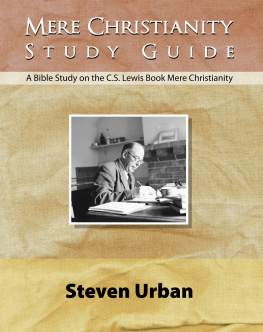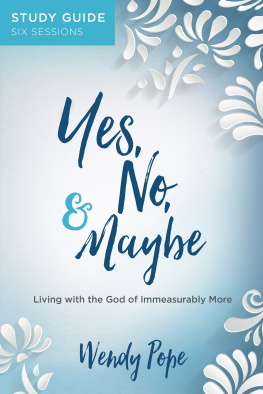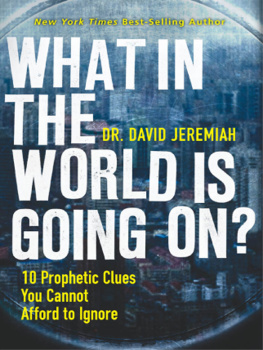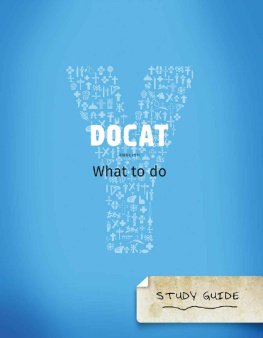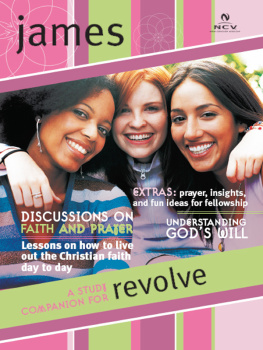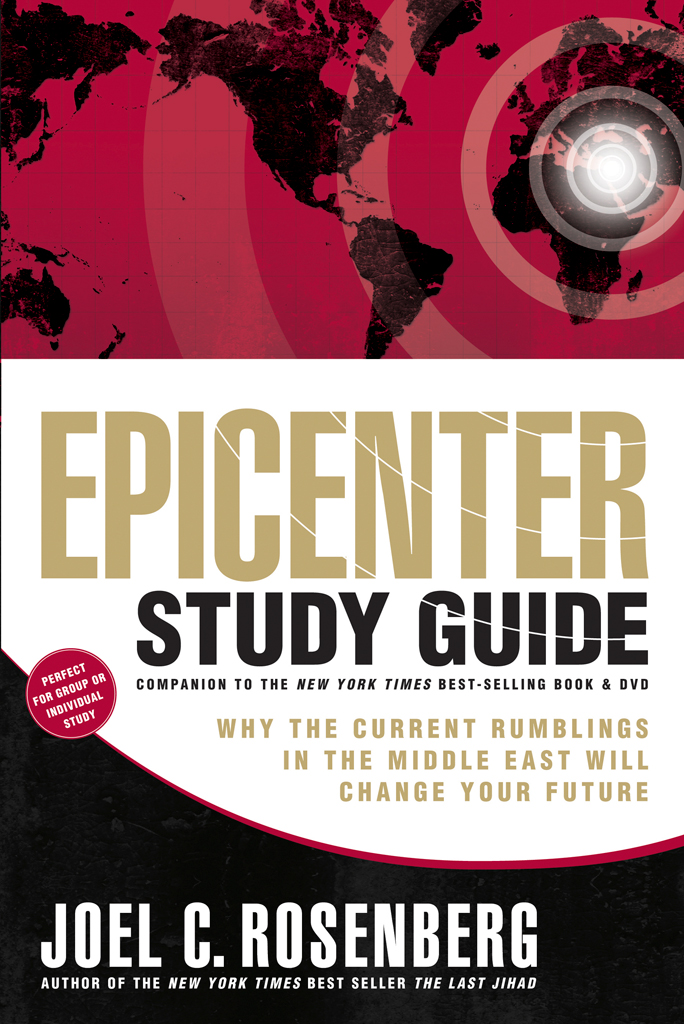Copyright 2008 by Joel C. Rosenberg. All rights reserved.
Cover artwork copyright by Photodisc. All rights reserved.
Interior maps copyright by Digital Wisdom. All rights reserved.
Author photo copyright 2005 by Joel C. Rosenberg. All rights reserved.
Study questions developed by Jennifer Lamont Leo.
Designed by Dean H. Renninger.
WELCOME TO THE EPICENTER
Wars and rumors of war. Jihadists in Jerusalem. Chaos in Gaza. Missiles in Lebanon. Suicide bombers in Iraq. Genocide in Sudan. An Iranian president vowing to wipe Israel off the map. Millions convinced the Messiah is coming. Poverty. Illiteracy. Hardship and suffering. Yet always a fervent prayer for peace.
No wonder the eyes of the nations are riveted on Israel and her Islamic neighbors, the epicenter of the momentous events that are shaking our world and shaping our future.
What will tomorrow bring? How will the rumblings in the Middle East affect your world and change your future? Does the Bible actually give us advance intelligence as to what is coming, what it means, and how we can be ready?
WHY USE THIS STUDY GUIDE?
As you embark on a journey to find the answers to these important and increasingly urgent questions, I hope that you will find this Epicenter Study Guide helpful. I wrote it for several reasons:
1. To help readers of my nonfiction book Epicenter continue and even accelerate their own personal quest to understand the Middle Easts past, present, and future.
2. To help pastors and other religious leaders better explain Gods plans for the people of the epicenter.
3. To create a resource that would encourage small group studies and discussions of the epicenter.
4. To inspire a new generation of evangelical Christians with a passion for compassion, a burning desire to bless Israel and her neighbors in real and practical ways.
5. To mobilize a global movement of millions of people praying daily, knowledgeably, and faithfully for the peace of Jerusalem and the entire region, according to Psalm 122:6.
What are your goals for reading using this guide? What do you hope to learn? to achieve? Knowledge is important. So is faith. But the Bible says, faith without works is dead (James 2:26). I agree. For me, its not enough to know the history and future of the Middle East. Nor is it enough simply to believe that God loves all the people of the Middle East Jew and Gentile alike and has a wonderful plan and purpose for their lives. For me the question is, so what? How will you and I act on that knowledge? How will our knowledge and our faith spur us to love and good deeds? How will what we know and what we believe change us? How will it shape what we are willing to say and what we are willing to do? These are the questions that matter most.
If you arent open to having your life change radically, I would recommend you skip this study altogether. But if you are truly serious about pursuing truth and truly open to letting God take you on an adventure more exciting that you could have hoped for, dreamed of, or imagined, then by all means, please proceed.
HOW TO USE THIS STUDY GUIDE
Along with study questions for every chapter of Epicenter, this guide includes five additional studies with new material that will help you explore what the Scriptures say about the epicenter. As you begin, a few quick thoughts.
First, I recommend that you carve out at least thirty minutes a day, preferably in the morning, for at least five days a week to work on the questions in this guide, read the Scriptures that I cite, chew them over, and have some time for prayer. This will help you get the most out of the material and help you establish the wise habit of a daily appointment with the living God, if you dont have such an appointment already.
Second, in addition to studying through this material on your own, I recommend that you find a friend or a group of friends and meet together once a week over a cup of coffee to compare notes, discuss what youre learning, and pray together. Proverbs 27:17 tells us that just as iron sharpens iron, so one man sharpens another. You may not always agree with the views and perspectives others have on this material, but you will more than likely think deeper and more carefully if you dont study in isolation. Plus, youll have more fun and hopefully develop stronger friendships along the way.
Third, I recommend that you use a New American Standard Bible (NASB) to answer the questions in this guide. There are many excellent translations of the Bible available, to be sure, and you would be wise to cross-check passages with the NASB and other translations. But I have found that studying Bible prophecy requires as precise a word-for-word translation from the Hebrew and Greek as you can possibly get. My experience, along with conversations with Bible scholars and Hebrew and Greek experts, has led me to trust the NASB the most for my own personal study of prophecy.
That said, I pray that the eyes of your heart may be enlightened, so that you will know what is the hope of His calling, what are the riches of the glory of His inheritance in the saints,and what is the surpassing greatness of His power toward us who believe (Ephesians 1:18-19). May God bless you as you begin your journey.
Joel C. Rosenberg
J ERUSALEM , I SRAEL
J ANUARY 2008
INTRODUCTION: ALL EYES ON THE EPICENTER
Like it or not, we live in interesting times.
// EPICENTER, PAGE XIX
1. As you begin reading Epicenter, how extensively have you been following the events unfolding around the world? Are you an avid watcher of the evening news? Or have places like the Middle East seemed too remote to be very concerned about?
2. Do you know someone currently serving in the armed forces in the Middle East or who has served there in the past? Have you been tracking developments in Israel or the Muslim world more closely since the events of September 11, 2001?
3. Pick up a current newspaper or newsmagazine or go to an online news source and jot down some of the headlines concerning Jerusalem, Israel, and the Middle East. Why do you think so much attention is focused on this part of the world? Is too much attention being paid, in your view, or not enough?
4. Do you think its important for Christians to keep a close watch on world events? Why or why not?
5. Read Matthew 10:16. What does it mean to be shrewd as serpents? How might this command of Jesus relate to staying informed about whats going on around the world?
6. Are you new to reading or studying the Bible and learning about the epicenter from Gods perspective? If so, what got you interested in this study? If you have been studying the Bible for some time, why did you choose this particular study at this particular time?


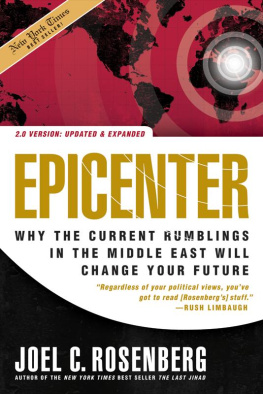
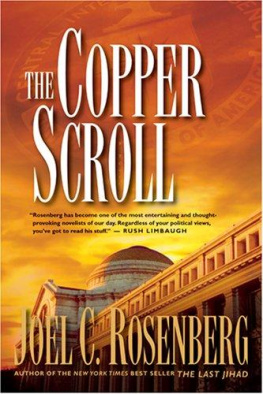
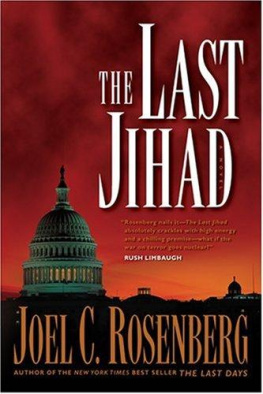
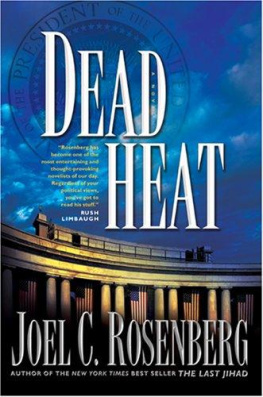
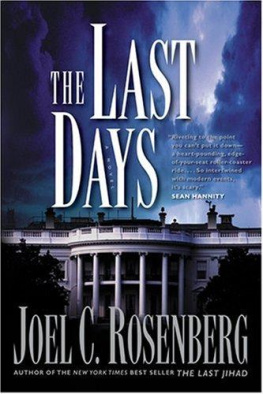
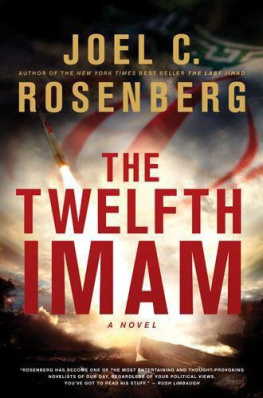
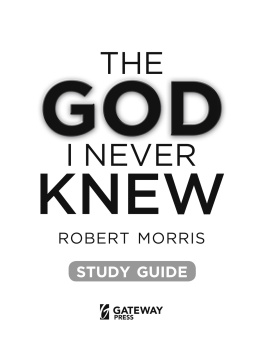

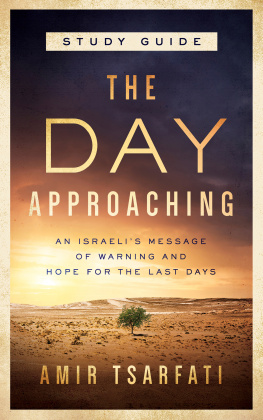
![Topik Guide - TOPIK--The Self-Study Guide [For All Levels]](/uploads/posts/book/387869/thumbs/topik-guide-topik-the-self-study-guide-for-all.jpg)

